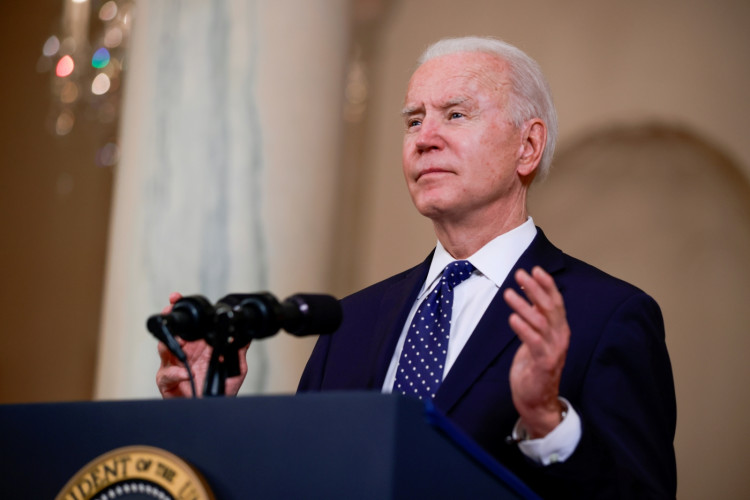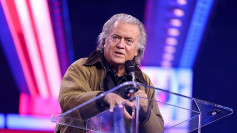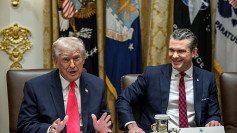President Joe Biden has come out swinging against former President Donald Trump's recent insinuations that he might consider abandoning NATO allies in the face of Russian aggression, should those allies fail to meet their financial obligations to the alliance. Trump's contentious remarks, made at a rally in South Carolina, have not only drawn sharp criticism from Biden but also raised alarm bells about the potential ramifications of such a stance on international security and the solidarity of the Western alliance.
During the rally, Trump recounted a hypothetical interaction with a NATO country's leader, questioning the commitment to mutual defense enshrined in the NATO charter. "One of the presidents of a big country stood up, said, 'Well, sir, if we don't pay and we're attacked by Russia, will you protect us?'" Trump narrated to his audience. "I said, 'You didn't pay, you're delinquent? ... No, I would not protect you. In fact, I would encourage them to do whatever the h--- they want. You got to pay. You got to pay your bills.'"
Biden's response to these assertions was swift and unambiguous, emphasizing his administration's unwavering commitment to NATO and its foundational principle of collective defense.
"Under my administration, the United States of America has stood shoulder to shoulder with our allies to build a NATO alliance that is bigger and stronger than ever and stands in defense of democracy against Vladimir Putin's authoritarian aggression," Biden stated, asserting the critical role of the United States in upholding the international order and the values of democracy and freedom.
The president went on to starkly contrast his foreign policy vision with that of Trump, whom he accused of signaling a dangerous willingness to forsake America's NATO allies. "If my opponent, Donald Trump, is able to regain power, he is making it clear as day that he will abandon our NATO allies if Russia attacks and allow Russia to 'do whatever the h--- they want' with them," Biden warned, highlighting the potential consequences of such a policy shift.
Biden further characterized Trump's position as not only a departure from decades of U.S. foreign policy but also as a direct threat to the democratic institutions that have underpinned international stability since the end of World War II.
"Serving as Commander-in-Chief is the ultimate responsibility and one that should weigh heavily on the individuals that hold this office. Donald Trump's admission that he intends to give Putin a green light for more war and violence, to continue his brutal assault against a free Ukraine, and to expand his aggression to the people of Poland and the Baltic States are appalling and dangerous," Biden elaborated.
As the political discourse around these issues intensifies, Biden's remarks serve as a clarion call to the American electorate, framing the upcoming election as a pivotal moment for the country's future direction, both domestically and on the world stage. "As you've heard me say, freedom and democracy itself are on the ballot in November, and I am running for reelection to make sure that they endure," Biden concluded, urging voters to consider the broader implications of their choices at the ballot box.





